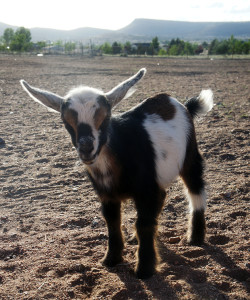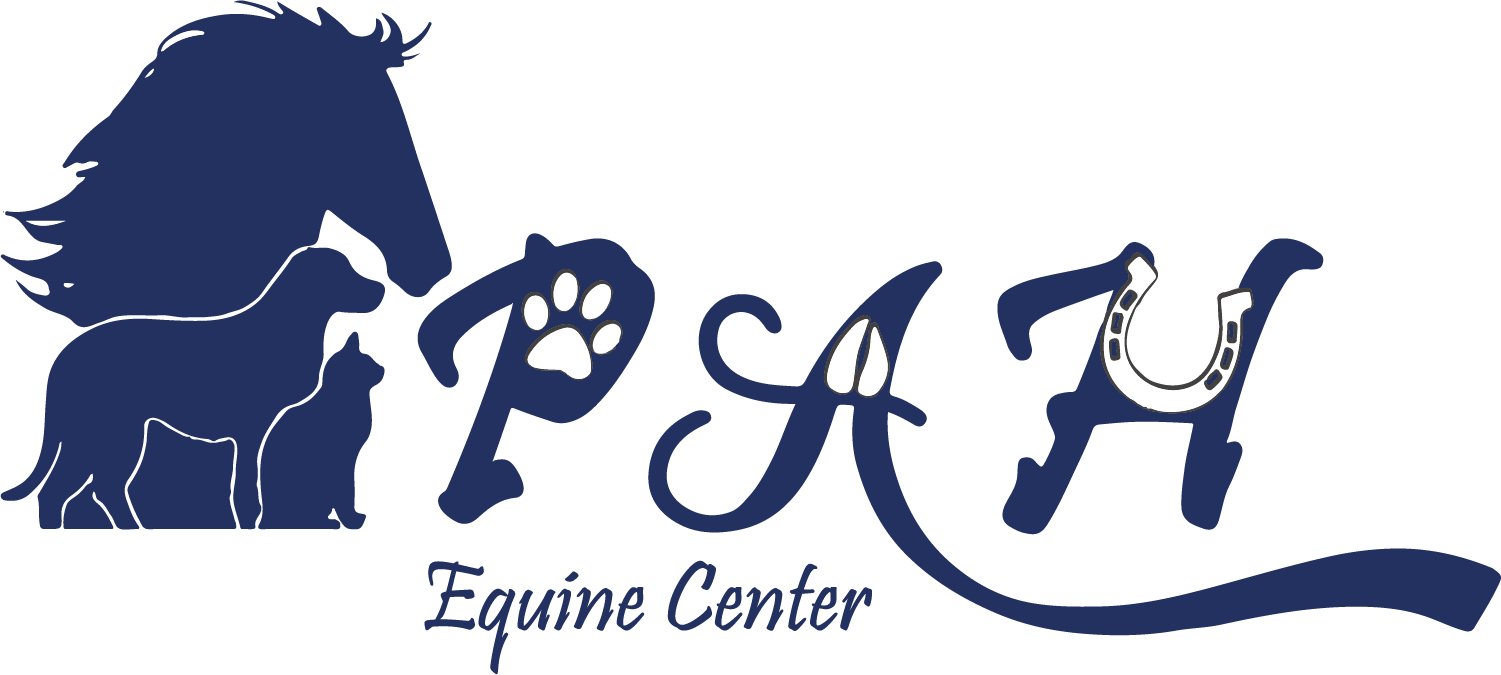Need to Know Basics of Goat Healthcare
A recent surge in pet goat ownership has been seen across the country, and the Prescott area is no exception! Goats are smart, wonderful companions, and due to their size can be housed in fairly small yards. They are truly amazing creatures, and never cease to amaze their owners or the neighborhood dogs. However, as with any pet, they come with their own unique set of challenges and healthcare requirements.
Getting a New Animal
By far the most common way that folks begin their backyard herd is by acquiring animal as young kids, although many adult goats are available for adoption as well . First and foremost goats should always be kept with at least one other goat as they are herd animals and live best with a companion. Kids can be adopted as newborns and bottlefed until weaning at 8-12 weeks of age. Alternatively, the kids can be nursed on their mother and brought to your home after weaning.

Prevention of disease is invaluable in regards to providing a long and healthy life for your goat. The one vaccination that is essential for goats is CDT (clostridium perfringens type C&D and tetanus). Kids should be vaccinated early between weeks 4 and 6, given a booster 4 weeks later, and vaccinated annually thereafter.
If you choose to dehorn your new addition, this task should be completed by the age of 1 week, as dehorning at a young age is less stressful and chances of horn regrowth are least likely. Young bucks can be castrated anytime after 1 week of age, but there are numerous pros and cons to early and late age castration. A veterinary professional can help you decide which choice is best for you and your animals. One important consideration to keep in mind is that bucks can show breeding behavior as young as 3-4 months of age, so if he is not castrated by this time, be sure to separate him from all other females.
Diet
Both sheep and goats are classified as “small ruminants” as they utilize a 4-chambered stomach efficiently digest leaves and grass. As such goats do best on a diet of grass hay or pasture. In most cases goats do not need to be supplemented with grain, with the exception of animals that are lactating or needing to gain weight for show or market. Unfortunately, one of the most common issues seen in pet goats is obesity. While we all want to show pets our love with food and snacks, caution should be taken to keep pets to an appropriate bodyweight to prevent diseases such as arthritis later in life. In addition to hay, mineral block or loose mineral mix formulated for goats should be offered as well as continual access to clean water.
Parasites
One of the most common health concerns is whether or not to routinely treat animals with a deworming medication. Contrary to popular advice, it is not recommended to deworm goats “blindly” by choosing a random dewormer and giving it at set intervals throughout the year. There are two types of parasites, external and internal. External parasites such as lice and ticks inhabit the skin and ears, and may or may not be visible to the naked eye. These bugs can cause symptoms such as itching, hairloss, and poor haircoat. Internal parasites reside within the intestinal tract, including stomach worms and coccidia, and are passed to new animals through feces. Symptoms of intestinal parasite include weakness, anemia, weight loss, poor haircoat, fluid under the jaw (also known as “bottle jaw”), and diarrhea. If internal parasites are suspected, a fecal exam can be performed by a veterinarian to determine which parasites are to blame. A veterinarian can then help guide treatment recommendations and determine whether control measures are necessary to treat other animals that may be affected.
Resources
As with everything, there is a lot of incorrect information available on internet. Owners should take great caution in evaluating the source of any health advice, and use trusted sources for information. A directory of local veterinarians who are members of the American Association of Small Ruminant Practitioners can be found at AASRP.org and are your best resource for creating a personalized health plan that works for your animals. In addition, university extension services provide excellent information for goat owners to reference.
Prescott Animal Hospital Equine Center
What's Next
Call us or schedule an
appointment online.Meet with a doctor for
an initial exam.Put a plan together for
your pet.

